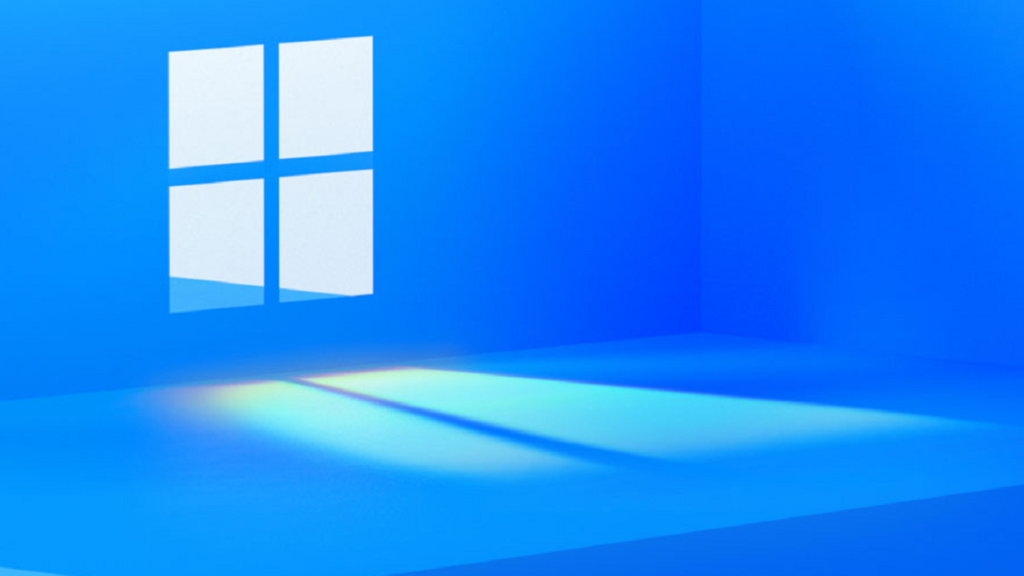Windows Central reports that Microsoft is testing a new update procedure for Windows 11 that doesn’t require a reboot when installing security updates via Windows Update. A hot patch of new features will be introduced in Windows 11 24H2 later this year.
Hotpatching is nothing new. Microsoft uses this update feature on Windows Server operating systems and Xbox consoles. According to Microsoft, hot patching patches the in-memory code of a running process on the fly, without restarting the process. Microsoft uses cumulative updates as a baseline for future security updates that are hot-patched to the OS. Each cumulative update resets the baseline to ensure stability.
Microsoft recently enabled hot patching on non-Azure versions of Windows Server 2022. This explains why Microsoft is pushing this feature to consumer builds of Windows 11.
The only caveat to this new on-the-fly Windows update feature is that it enables virtual-based security (VBS). If you’re a gamer, there’s a good chance you’ve turned off this feature to improve your system’s performance. This is a feature that is known to slightly degrade performance. Microsoft is currently testing the hot patch feature in the Windows 11 Development Channel, but only with Windows Insiders who have VBS enabled.
Having more updates that don’t require a restart is great and makes Windows updates less of a hassle. Depending on your system, it’s not uncommon for Windows updates to take several minutes to install. Hot patching also makes Windows less cumbersome for users who use their systems for mission-critical work that cannot be interrupted by a reboot.
According to Windows Central, Microsoft wants to ship a hot patch alongside 24H2 to standard PCs. Support for Arm64 devices will be delayed by one year until 2025. Hot patches strictly cover security updates. We don’t know if other updates will be adapted to work with hot patches, but it’s certainly possible if Microsoft finds a way to implement it.

